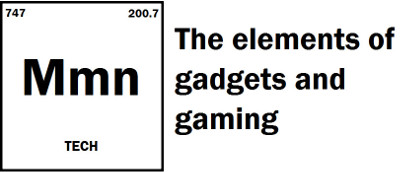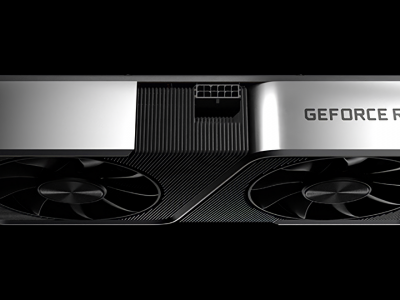

PC gamers join to make world’s most powerful supercomputer to stop COVID
Washington University’s Folding@Home project has reached 1.5 exaFLOPs in processing power. Making in the fastest distributed computing project, and indeed the fastest computer in the world.
The recent jump in performance is largely thanks to the PC gaming community, who have volunteered en mass for the medical research project in order to find a treatment for the COVID-19 pandemic.
Folding@Home studies proteins by simulating the way they form. They are created in long chains of molecules, then fold into various shapes. Those specific shapes determine the biological roles they play. By studying proteins specific to the Corona Virus, it’s hoped that they can use the data to develop drug candidates to deactivate it.
Since the study began earlier this month, Folding@home has increased its total processing power by a factor of 15, breaking the elusive exascale barrier, or one quintilian floating point operations per second. To put that into perspective, the Folding@Home project is now ten times more powerful IBM’s Summit, than the current record for the world’s fastest computer. Or 259,121 Xbox One X consoles combined.
The effort began after gaming groups like the PC Master Race subreddit put out a challenge to begin folding to cure COVID. Large gaming companies like Nvidia and Intel soon latched on and put out the call to their fans, starting a domino effect that has led to large swath of PC enthusiasts to lend their battlestations to fight the biggest war in half a century.
Folding@Home works by tapping into the unused processing power of consumer hardware through a technique called distributed computing. An app automatically downloads small segments of research data, and uses GPU and CPU power to run medical simulations while the computer would be otherwise idle. Such as when you’re just surfing the net or steaming videos. That data is then sent back to servers and compiled into models researchers can use to develop treatments for a wide variety of disease.
Gaming hardware in particular has grown exponentially more powerful in recent years, making it a valuable, untapped resource for smaller scientific projects that can’t afford to build their own dedicated supercomputers. Plus, the components in your gaming PC aren’t too far off from what’s in an actual supercomputer, allowing said projects to scale nicely across a wide variety of platforms. And now, all those shiny, RGB laden rigs have banded together, like the world’s nerdiest Voltron, to become the most powerful virus buster in human history.
The Folding@Home project has been around for 20 years now, but this is the first time its efforts have been directed to target one specific disease. Indeed, so many PC gamers are joining the fight that they’re actually running out of simulations to give people. So people are advised to be patient if they don’t see any new work units coming in. The project also runs simulations to tackle other diseases like cancer and Huntington’s. Though COVID projects are currently being given priority.
If you would like to participate in the project, you can download the app for Windows, MacOS, and Linux at the Folding@Home website.


